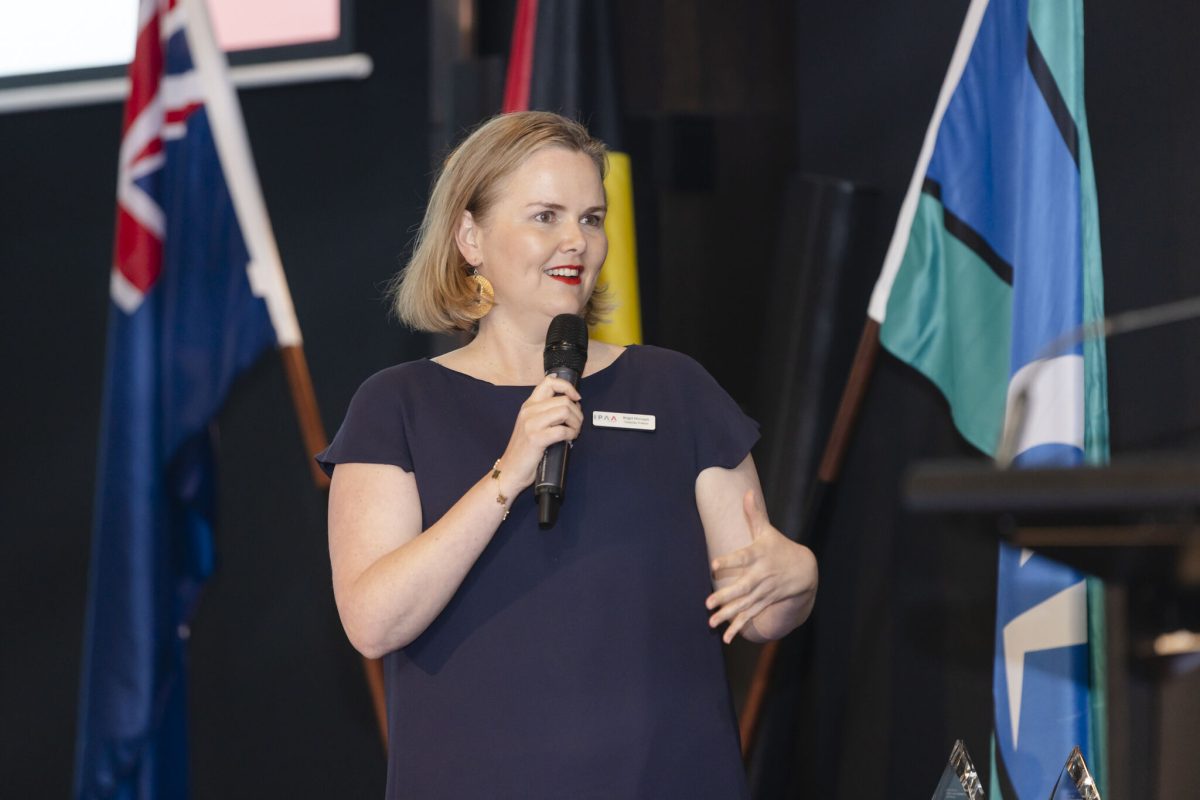
Victorian Public Sector Commissioner Brigid Monagle said she was delighted to publish the neurodiversity toolkit as the workforce “benefits from having those with different experiences and perspectives work together”. Photo: LinkedIn.
The nation’s first toolkit to support neurodivergent employees in the public sector will soon be shared throughout Victorian Government agencies.
Neurodivergent means having a brain that forms or works differently, typically referring to people who have ADHD or are autistic, dyspraxic, dyscalculic, dysgraphic or dyslexic.
Created in a partnership between La Trobe University and the Victorian Public Sector Commission (VPSC), this resource will be for employers to learn about neurodiversity and recruit and support neurodivergent staff. It offers basic practical steps for public sector employers to follow in creating an inclusive workplace.
According to Victorian Public Sector Commissioner Brigid Monagle, this will help the State Government foster an improved workforce of “different experiences and perspectives”.
The Neurodiversity Employment Toolkit was developed as part of a larger project between the VPSC and La Trobe, focused on generating employment pathways for neurodivergent people in the state’s public service.
Researchers Dr Rebecca Flower and Ellen Richardson led its creation in collaboration with a neurodiverse team at the VPSC. They used peer-reviewed research and significant consultation with people with relevant lived and professional experience.
Dr Flower said neurodivergent people faced significant barriers to gaining and maintaining employment, and employers could take simple steps to reduce these obstacles.
“There’s a real need for this kind of resource,” she said. “Many employers have spoken to me about wanting to support neurodivergent employees and not knowing where to find information about how to do that.
“This resource includes information for employers about neurodiversity; tips for how to respond if someone shares their neurodivergent identity in the workplace; and a range of suggestions for making recruitment processes and working environments inclusive for neurodivergent employees.”
Funding for the project was provided by the VPSC, with additional support from La Trobe University project team members.
Ms Richardson said the toolkit would pay off for the Victorian Government as the free resource would be easily accessible to public servants seeking guidance on how to make their workplace more productive.
“Neurodivergent employees may know in what areas they need support in, but may not be sure what changes could be made or how to ask for them,” she said.
“Many neurodivergent people don’t feel safe sharing their neurodivergent identity in the workplace for fear of stigma, discrimination or misunderstanding.
“The Neurodiversity Employment Toolkit includes simple steps employers can take, regardless of whether they know candidates or employees are neurodivergent.”
The toolkit’s co-author said the tips it offered could help reduce barriers for neurodivergent employees while benefitting everyone.
“For example, we suggest ways to improve the clarity of position descriptions, onboarding processes and team communication,” Ms Richardson said. “These kinds of changes help all employees.”





